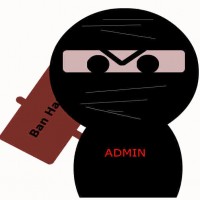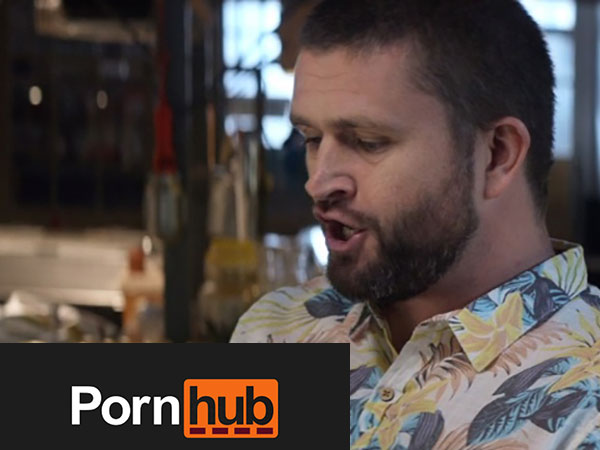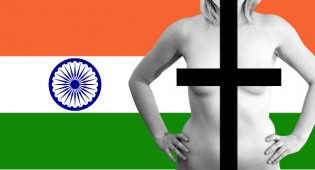Hamas Orders Internet Filtering in Gaza
YNOT – Political turmoil and military unrest has been a fact of life in the Gaza Strip for decades. Ruled by the Palestinian Sunni Muslim party known as Hamas since July 2007, the approximately 1.7 million residents of the territory have grown accustomed to an existence determined primarily by strict Islamic law. The land standing between Egypt and Israel harbors no movie theaters, pool halls or bowling alleys, because religious leaders have deemed those things likely to corrupt morality.
Now Gaza residents have lost part of the internet, as well. Hamas officials last week mandated web filtering at the internet service provider level in order to block all pornographic content.
“This move is aimed at preserving our morals,” said Minister of Communication and Information Technology Osama Al-Eisawi. “Our social fabric needs protection, and we are actually protecting Internet users in Gaza.”
The new edict requires the 10 main ISPs in Gaza to block all potentially immoral content or face immediate shutdown. According to official statements, the additional restrictions merely extend those incorporated in a 2008 law. The primary difference, government spokespeople noted, is that filtering is now madatory because the voluntary filtering instituted by the earlier law proved ineffective.
“We don’t aim at oppressing any freedom or censoring any political websites; we will just block the websites that have a pornographic nature,” said Dr. Kamal Al-Masri, the director general of licensing for the Ministry of Communications. “We will stay in coordination with all the internet providers in Gaza regarding this law.
“We have systems and technologies that will help us keep tracking those providers,” he added. “If any provider breaks the law then they will be prosecuted or face a complete shut down.”
Dissenters, including a growing number of young adults who grew up during the Internet Age, worry that blocking pornography may be just the first step toward complete censorship. If Hamas can order porn blocked today, they wonder aloud, what would prevent the government from blocking online political opposition tomorrow?
“I would like to think of myself and others as grown-up adults who have the freedom of choice over whether to put filters on our internet connection or not,” Adam Al-Agha, a student sitting in front of a computer screen at an internet café, told The Media Line. “Youth here are very advanced when it comes to technology. We can easily surpass this barrier using certain techniques.”
Comments are closed.






